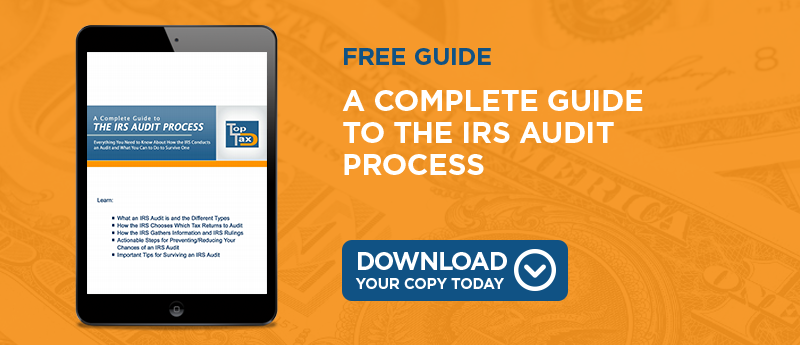
If you're in the unfortunate position of owing past due income taxes to the Internal Revenue Service, you may be feeling concerned about what the agency can do to try to collect these funds from you. You may even be unsure about how to go about resolving this matter appropriately. Learning what you should do about past due income taxes is important, because the longer this situation goes on, the worse the possible consequences can be. Here's what you can do to resolve a past due income tax bill.
IRS Penalties for Past Due Taxes
First, it's good to know what the IRS can potentially do to you if owe past due income taxes. Technically, your taxes are "past due" if they're unpaid by the filing deadline for that year, so you can have past due taxes if you haven't paid your bill by April 16. The IRS is generally the most aggressive in pursuing taxpayers who have a lengthy past due tax bill that is rather high.
Depending on the amount of your tax bill and the extent of your debt, the agency may impose a small penalty or it can take the step of placing a tax lien or levy on your assets. If you owe an unusually large amount of past due taxes, you might even hear about yourself on the news.
How to Resolve Past Due Taxes
So, how can you resolve past due taxes and avoid all of these unpleasant consequences? The first step is to file your past due forms right away, even if you don't have the money to pay the bill. Every day that you don't submit the forms, you're accruing a failure-to-file penalty on top of your current tax bill. Once you submit your forms, this penalty will stop accruing. You should also contact the agency to find out exactly how much you currently owe, after the penalties and interest charges are added.
Now that you have the current figure you owe the IRS, it's time to set up a tax payment plan. Depending on the size of your tax debt, you may be able to get a monthly installment plan that allows you to pay off a percentage of your total debt over time.
If you're expecting a tax refund from an unfiled return, then you have three years from the filing deadline for that year to submit your forms. After the three-year window expires, you forfeit the right to your refund.
If you owe past due income taxes, you don't have to feel like the situation cannot be fixed. When you learn what you should do about past due income taxes, you'll have a better idea how to go about resolving this matter with the IRS.




